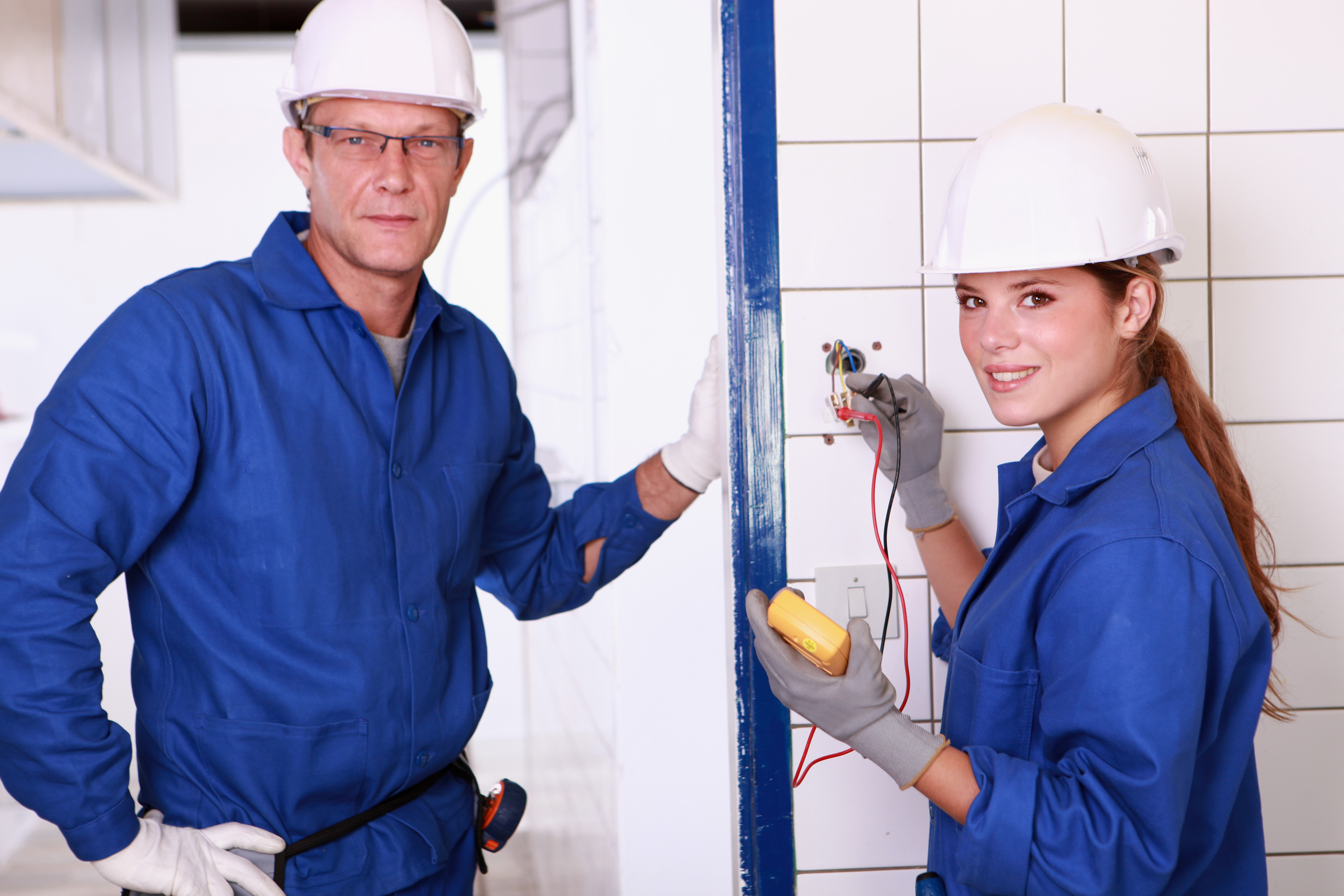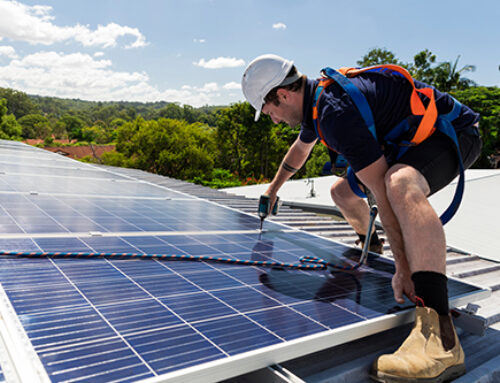Safe Work Australia has provided a comprehensive WHS profile specifically for electricians, shedding light on the nature of risks encountered by this essential workforce. With over 131,900 electricians currently employed in Australia, more than half of them under 35 years old, it’s crucial to understand the safety challenges and necessary precautions to protect these workers.

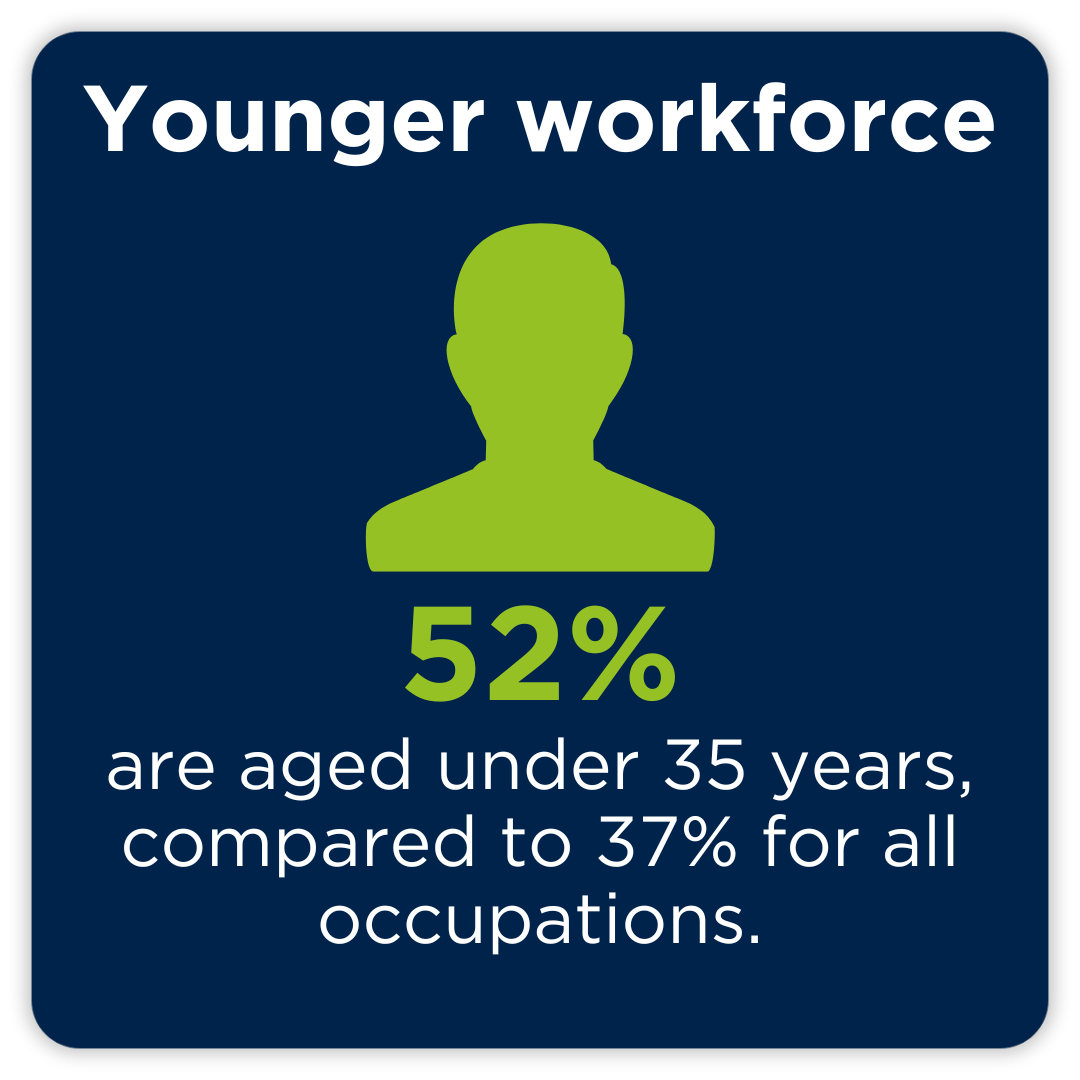
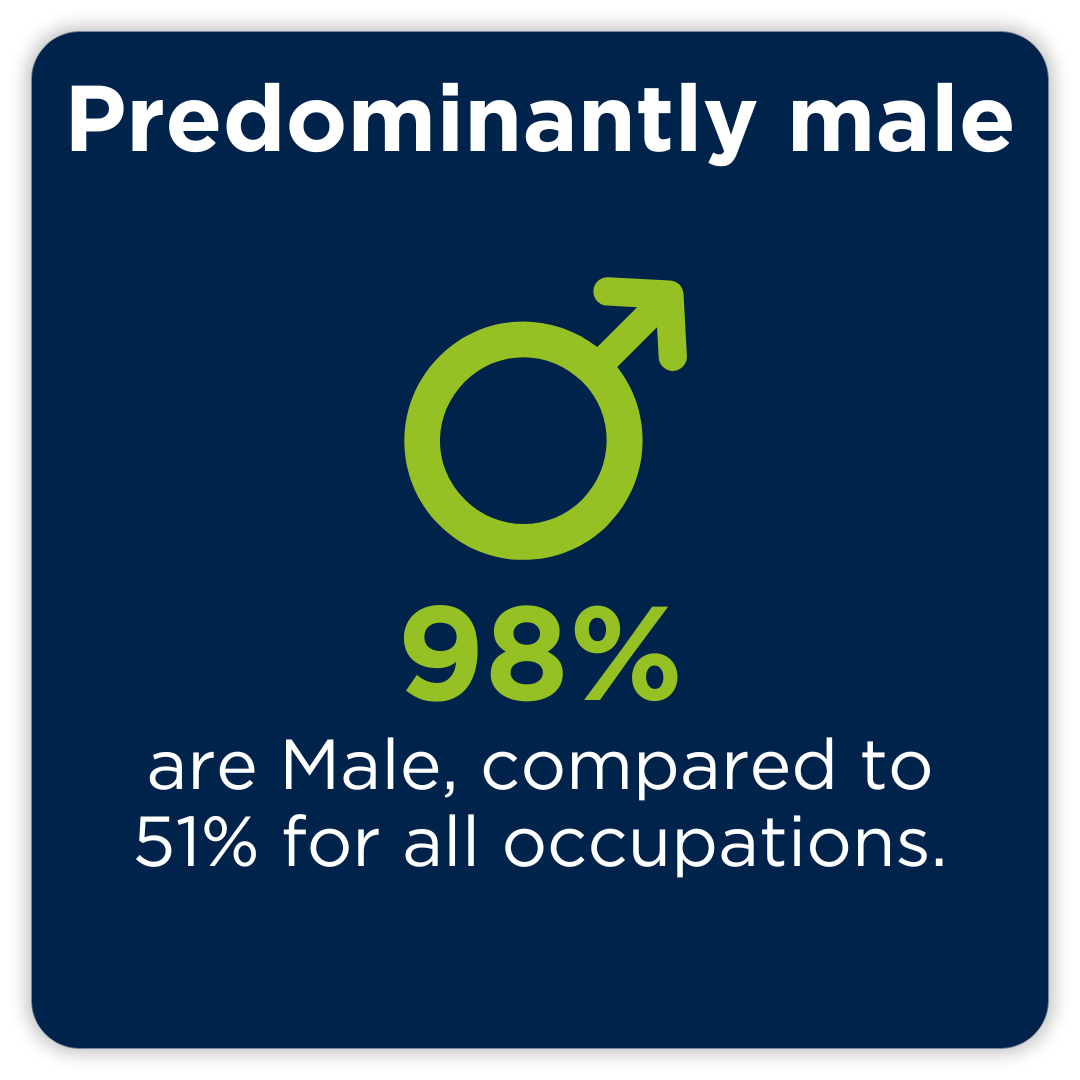
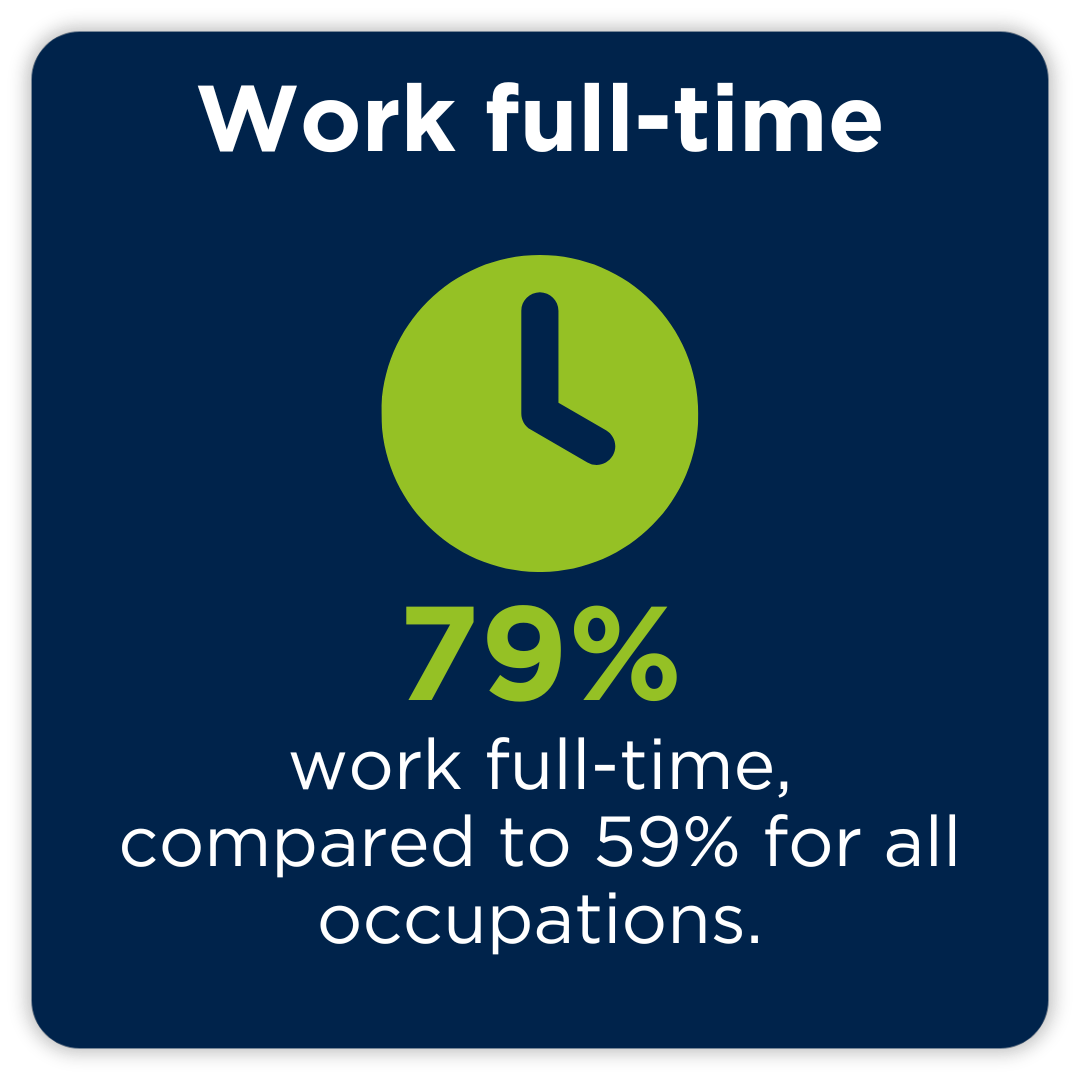
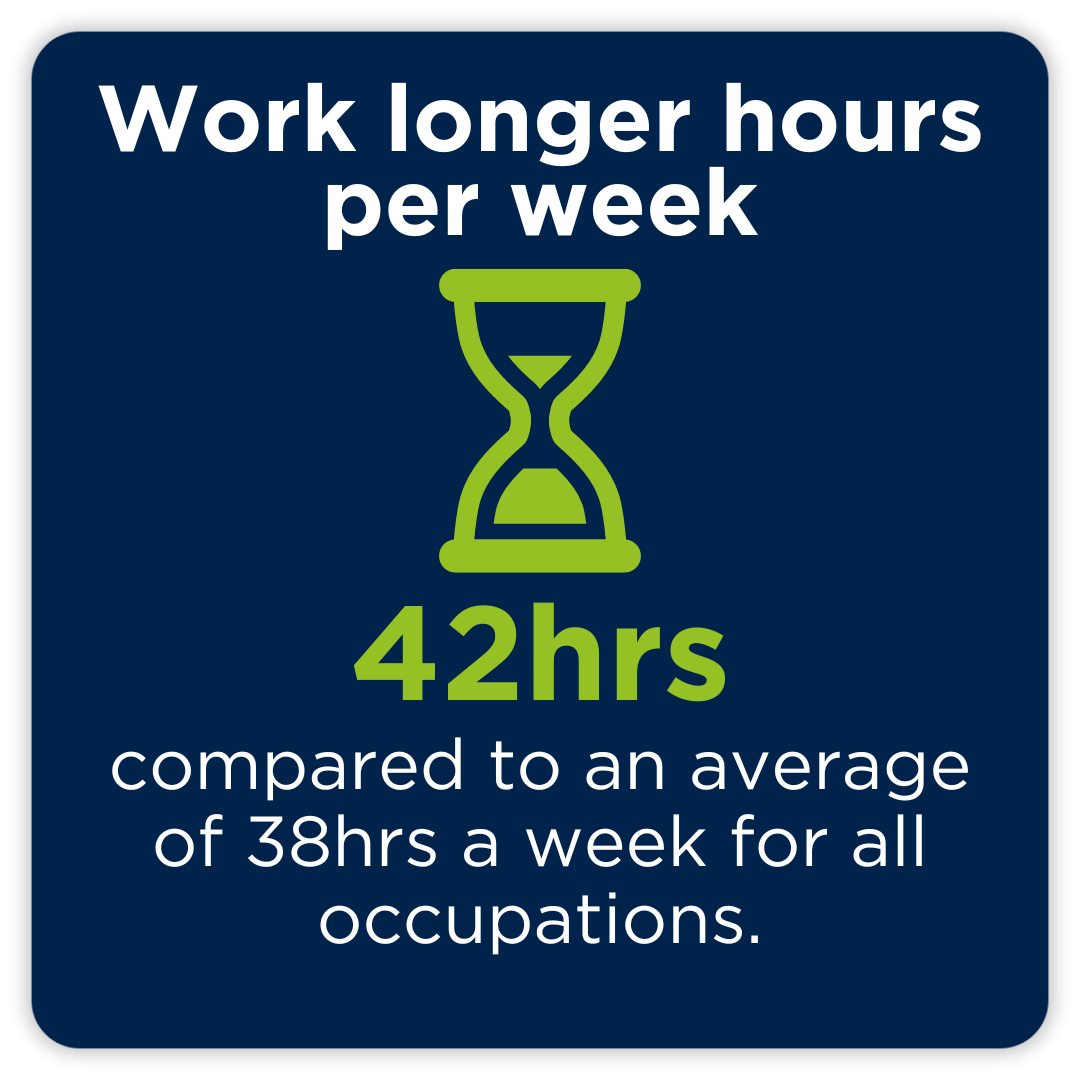
Statistics from Safe Work Australia – WHS Profile: Electricians https://data.safeworkaustralia.gov.au/profile/whs-profile-electricians
Workforce overview
- Youthful and predominantly male: The workforce is youthful, with 52% of electricians aged under 35, and predominantly male (98%).
- Longer working hours: Electricians typically work 42 hours per week, which is longer than the average of 38 hours for all occupations.
- Full-time employment: A significant 79% of electricians work full-time, compared to 59% across all occupations.
Occupational hazards and risks
Electricians face a variety of hazards more frequently than other occupations, making their work environment particularly challenging.
- Daily exposure to hazards: Electricians encounter job and environmental hazards daily, such as handling heavy equipment, working at heights, and managing electrical systems.
- High risk of electrocution and falls: Over the past decade, 44 electricians have died from traumatic injuries at work, with 52% due to electrocution and another significant portion from falls from heights.
Serious claims and compensation
The frequency of serious workers’ compensation claims highlights the risks electricians face, particularly regarding body stressing and falls from heights.
- Body stressing: This remains the most common work-related injury, accounting for 35.1% of serious claims.
- Electrocution risks: Electricians are six times more likely to experience electrocution-related injuries than workers in other occupations.
- Falls from heights: Such incidents result in a median time off work 3.4 weeks longer and median compensation payments $5,201 higher than the average.
Mitigating risks and enhancing safety
Effective risk management and safety protocols are crucial in mitigating the hazards faced by electricians. Safe Work Australia has developed several interactive tools and resources aimed at increasing awareness and promoting safer work environments for high-risk industries like electrical work.
Recommendations for Reducing Risks:
- Implement fall prevention measures: Ensuring work is carried out on the ground or on solid construction whenever possible. When working at heights is unavoidable, providing fall prevention devices, work positioning systems, or fall arrest systems.
- Enhance training programs: Tailoring safety training programs to address the specific risks associated with electrical work, particularly for younger and less experienced workers.
- Regular risk assessments: Conducting frequent risk assessments to identify and mitigate potential hazards before they result in injuries.
Electricians play an indispensable role in Australia’s workforce, yet they face significant risks daily. Understanding and addressing these risks through comprehensive safety measures, tailored training, and proactive risk management is essential to safeguarding the well-being of electricians. By leveraging the insights from Safe Work Australia’s data and resources, we can create a safer and healthier work environment for electricians, ultimately ensuring their vital contributions continue unhindered.

